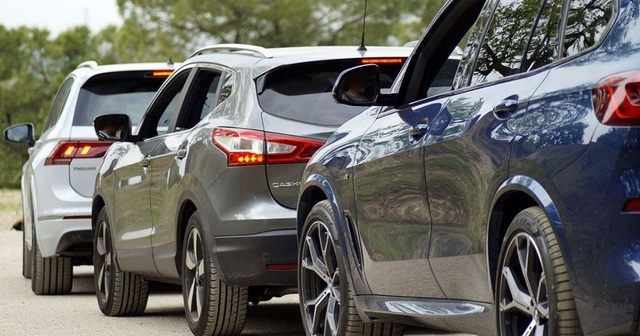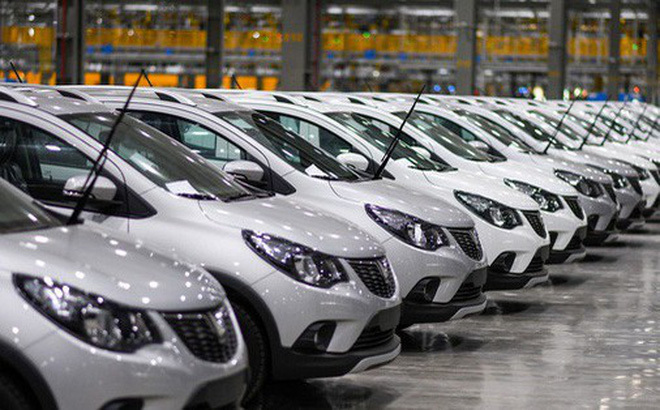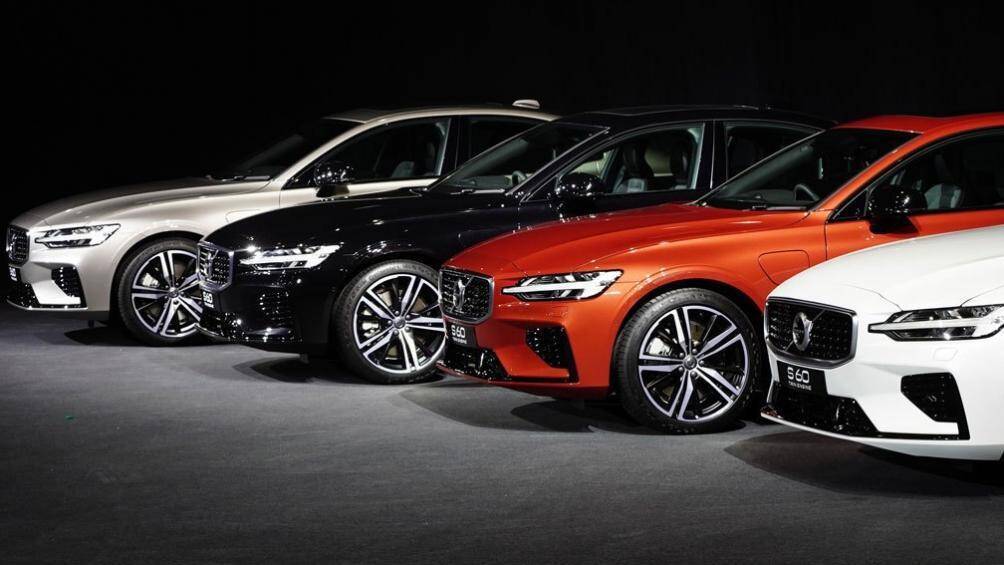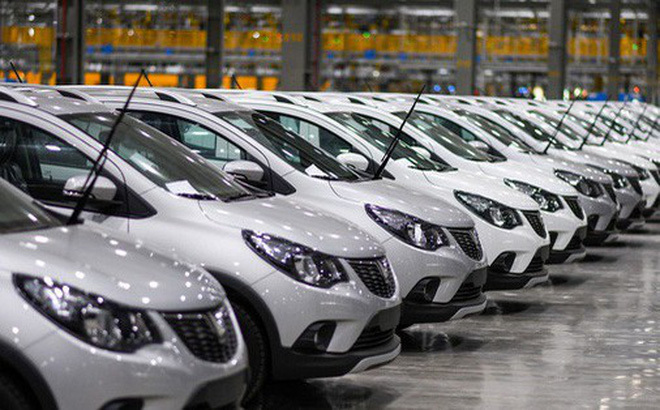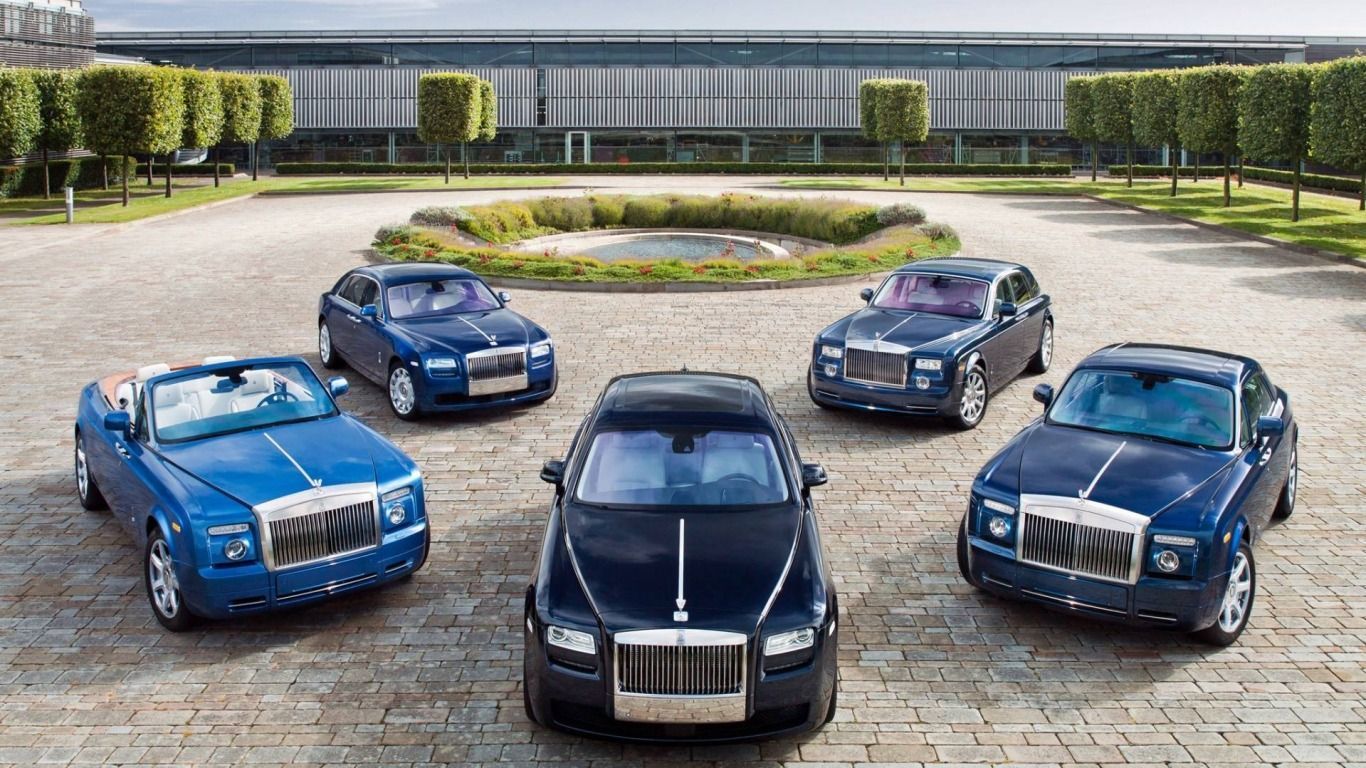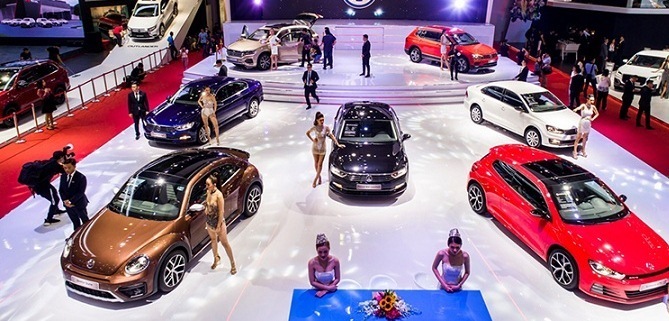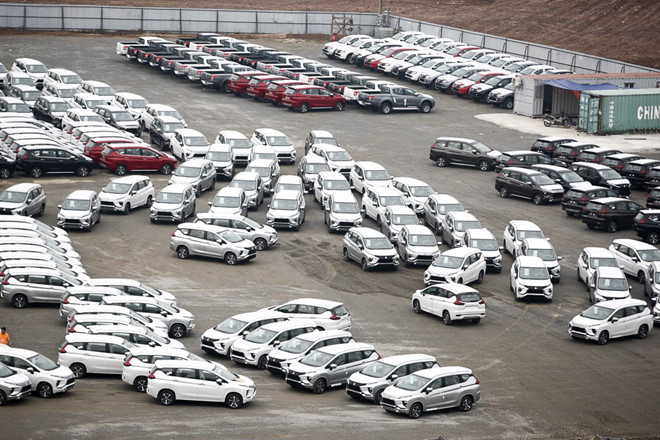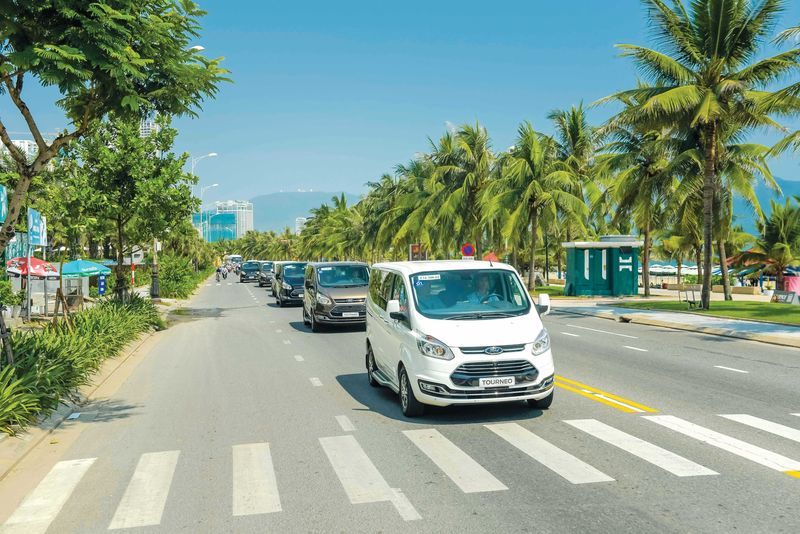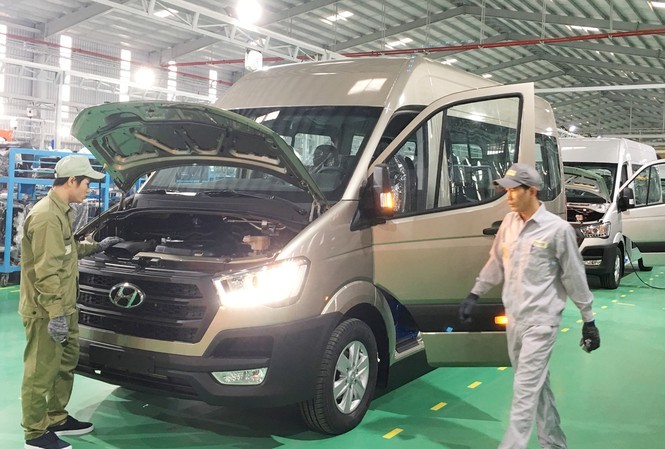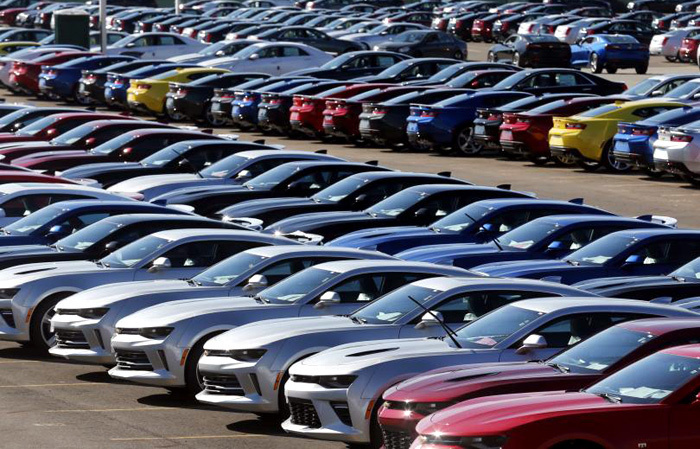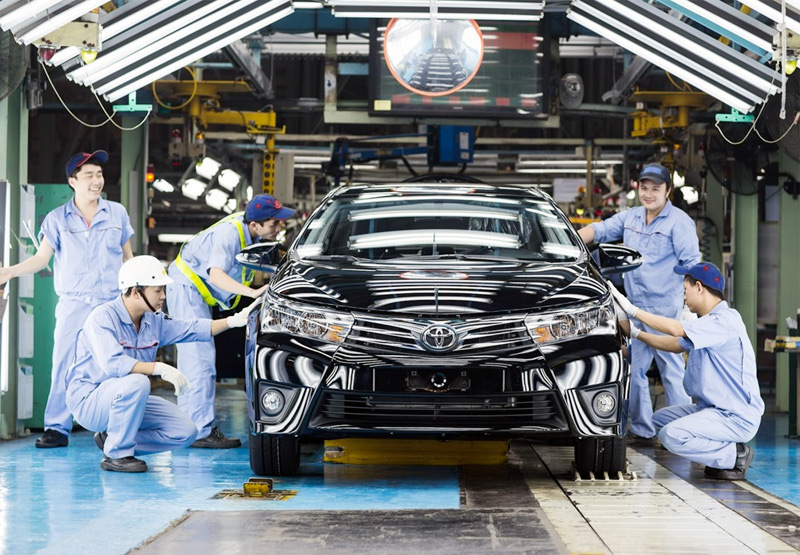- © Copyright of Vietnamnet Global.
- Tel: 024 3772 7988 Fax: (024) 37722734
- Email: evnn@vietnamnet.vn
car price
Update news car price
Thailand dominates Vietnam's car imports
Thailand has continued to hold a large share of Vietnam's car imports according to initial statistics of the General Department of Vietnam Customs.
Cars to remain affordable after preferential tax reduction expires
New sale promotions on automobiles are expected to be run after the 50 percent vehicle registration tax reduction policy expires.
The wealthy continue to spend big money on cars despite Covid-19
While Covid-19 has had a big impact on the economy and most people, it has not hurt the rich. They are stil spending big money on luxury car models.
Preferential registration tax expires by year end, people rush to buy cars
The car market has recovered recently, though sales are not as good as the same period last year. The demand for both new and used cars is increasing, and the prices are escalating.
Vietnam’s super luxury car market shrinks because of sky-high taxes, fees
To own a super luxury car, one has to pay tens of billions of dong in taxes and fees, which are 3-4 times higher than imported car prices.
Car dealers sprint in last months of year, car prices plummet
A number of large manufacturers slashed car prices in early October, signaling a fierce race in the Vietnamese auto market.
Cars in Vietnam 2-3 times more expensive than in other countries
For many people, the news that automobile manufacturers have paid high amounts of tax to the state in the context of slow auto sales indicates that cars are being sold at sky-high prices in Vietnam.
Cheap cars from Thailand, Indonesia expected to flow into Vietnam
 More and more cheap cars will flood the Vietnamese market in upcoming months as automobile manufacturers in Thailand and Indonesia have urged their governments to apply measures to boost car exports.
More and more cheap cars will flood the Vietnamese market in upcoming months as automobile manufacturers in Thailand and Indonesia have urged their governments to apply measures to boost car exports.
Will used luxury cars be offered at reasonable prices in Vietnam?
 With preferential tariffs beginning in 2020, used luxury cars from CPTPP-member countries will be available in Vietnam.
With preferential tariffs beginning in 2020, used luxury cars from CPTPP-member countries will be available in Vietnam.
Vietnam car market still sluggish in year-end sale season
 Despite sale promotion campaigns launched by manufacturers, the car market remained gloomy in the last months of the year.
Despite sale promotion campaigns launched by manufacturers, the car market remained gloomy in the last months of the year.
When will cars in Vietnam be cheaper?
 The high production costs, taxes and fees all make automobile prices in Vietnam much higher than in other countries in the region.
The high production costs, taxes and fees all make automobile prices in Vietnam much higher than in other countries in the region.
Thai autos flooding Vietnamese market
 CBU (complete built unit) imports from Thailand account for more than 50 percent of total car imports and turnover in the first eight months of the year, according to the General Department of Customs (GDC).
CBU (complete built unit) imports from Thailand account for more than 50 percent of total car imports and turnover in the first eight months of the year, according to the General Department of Customs (GDC).
Imported cars to be more expensive as VN raises luxury tax
 The Ministry of Industry and Trade (MOIT) has proposed raising luxury tax on some car models with fewer than nine seats.
The Ministry of Industry and Trade (MOIT) has proposed raising luxury tax on some car models with fewer than nine seats.
Auto manufacturers waver between assembling or importing CBUs
VietNamNet Bridge - Changes in tax and investment policies have required automobile manufacturers to take steps to optimize their business.
Automobile support industries still sluggish
VietNamNet Bridge - The import tariff on cars with fewer than 9 seats from ASEAN countries has been cut to zero percent, but the car prices do not decrease, but are even higher than previously.
Vietnamese appetite for luxury cars surprises manufacturers
VietNamNet Bridge - Vietnamese spend tens of trillion of dong every year to import luxury cars, though the average income per capita is at a medium level in Southeast Asia.
Dozens of taxes, fees burden VN car users
VietNamNet Bridge - Vietnam is among the countries with the highest selling price of cars in the world.
Automakers’ shift to selling cars lowers tax collections
Domestic automobile joint ventures are focusing on importing cars for local sale rather than manufacturing, raising concern about the loss of revenue to local budgets.
Car price war to break out from January 1, 2018
Car dealers and buyers are ‘holding their breath’ before January 1, 2018, when car prices are expected to see big fluctuations.
New policy encourages CBU car imports, rather than assembling
Automobile joint ventures believe the policy will encourage them to import CBU cars instead of assembling cars domestically.
